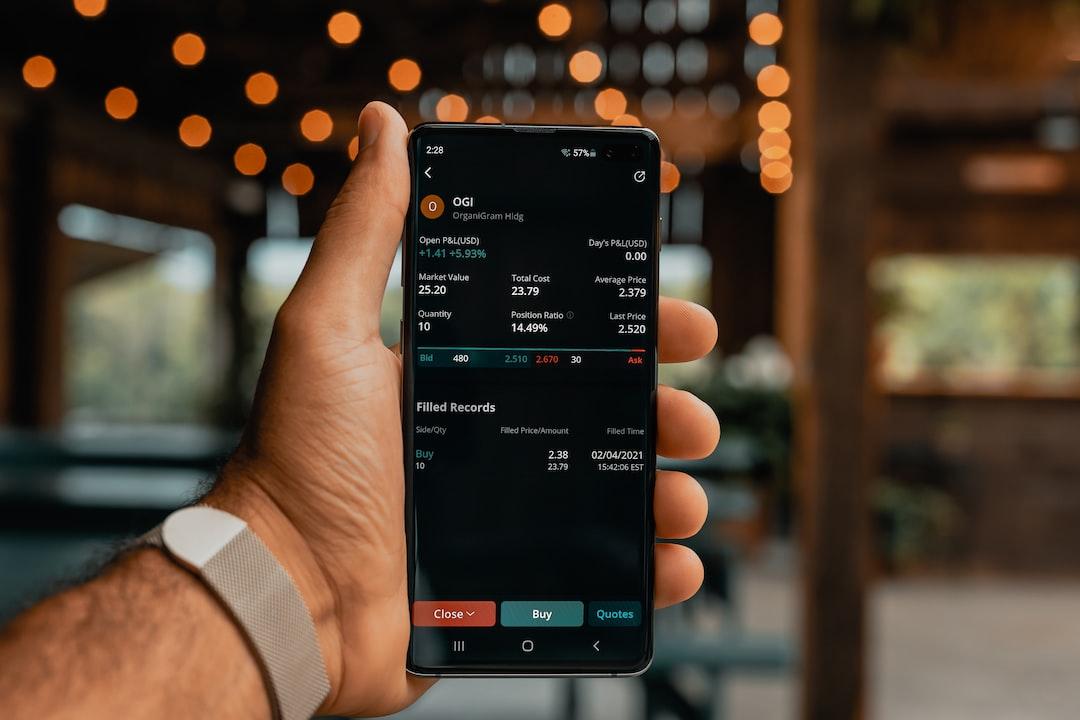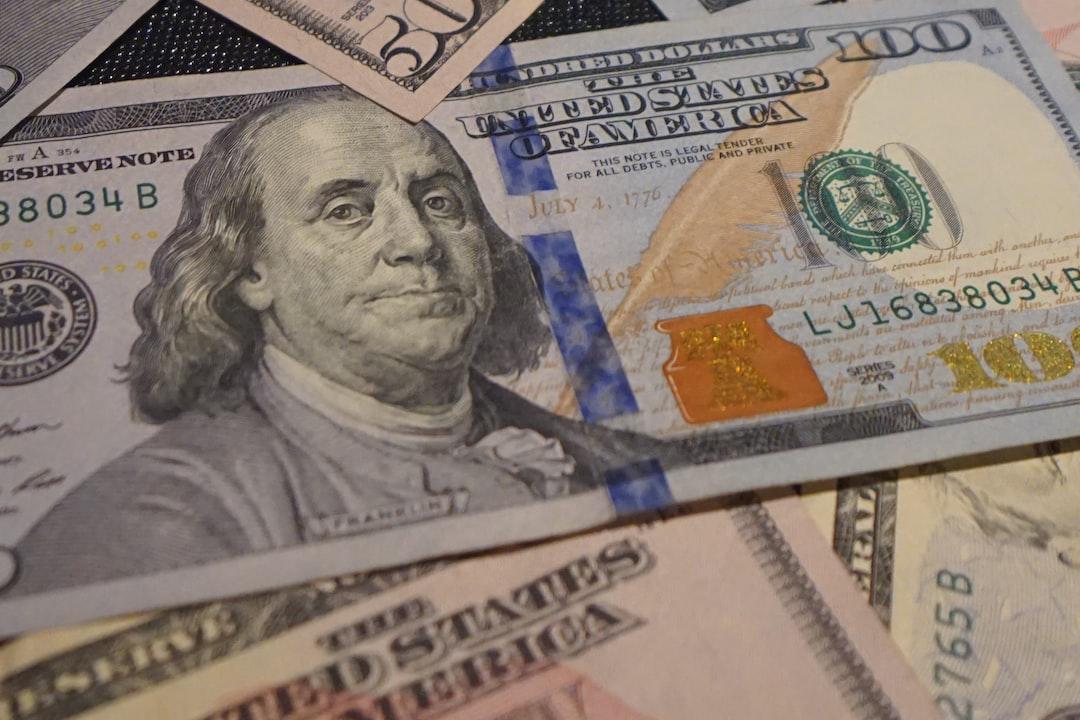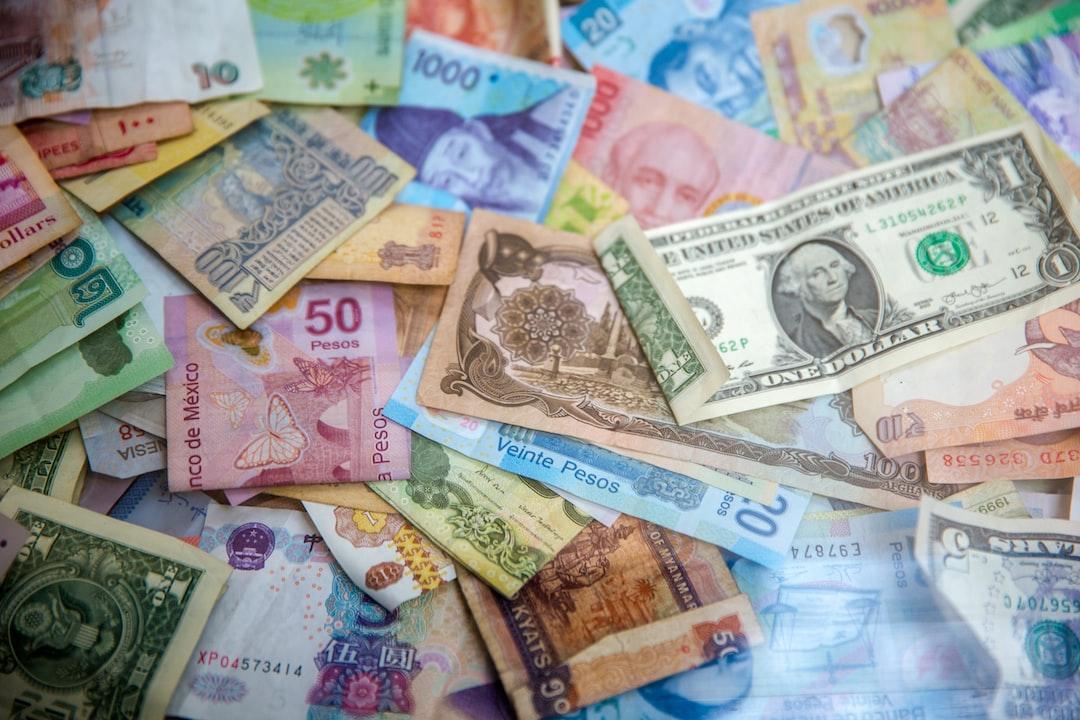Crypto Owners Favor Trump, Non-Crypto Owners Prefer Harris: Survey
Kamala Harris
Trump
US Elections
In contrast, only 38% of crypto holders back Harris.
Last updated:
September 23, 2024 03:44 EDT

Author
Ruholamin Haqshanas

Author
Ruholamin Haqshanas
About Author
Ruholamin Haqshanas is a contributing crypto writer for CryptoNews. He is a crypto and finance journalist with over four years of experience. Ruholamin has been featured in several high-profile crypto…
Author Profile
Share






Copied
Last updated:
September 23, 2024 03:44 EDT

Why Trust Cryptonews
With over a decade of crypto coverage, Cryptonews delivers authoritative insights you can rely on. Our veteran team of journalists and analysts combines in-depth market knowledge with hands-on testing of blockchain technologies. We maintain strict
editorial standards
, ensuring factual accuracy and impartial reporting on both established cryptocurrencies and emerging projects. Our longstanding presence in the industry and commitment to quality journalism make Cryptonews a trusted source in the dynamic world of digital assets.
Read more about Cryptonews

Crypto owners are more inclined to support former President Donald Trump, while those without digital assets lean towards Vice President Kamala Harris.
According to a
survey conducted
by Fairleigh Dickinson University’s (FDU) Poll, one in seven voters owns cryptocurrency.
The survey, led by Dan Cassino, professor of government and politics and executive director of the FDU Poll, found that among these, 50% support Trump, who has recently become a vocal advocate for digital currencies.
In contrast, only 38% of crypto holders back Harris.
Non-Crypto Owners Lean Toward Harris
The pattern is almost the opposite among non-crypto owners, where
Harris has the support of 53%
, compared to 41% for Trump.
The data also exposes a stark gender disparity in crypto ownership.
Men are more than twice as likely as women to have invested in digital assets.
Cassino suggests that for many men, particularly younger ones, cryptocurrency represents a way to fulfill traditional societal expectations of financial success and technological savvy.
“Crypto is seen as an avenue for young men to achieve what society demands—to make money, be providers, and navigate the complex world of finance and technology,” Cassino wrote in a recent Washington Post analysis.
Despite the slim chance of significant financial gains, many view crypto as a potential path to prosperity that traditional methods, such as education and hard work, do not seem to offer.
To further explore this intersection of gender, crypto, and political allegiance, the FDU poll delved into respondents’ views on masculinity.
Masculine Men Less Likely to Own Crypto
The poll revealed that men who identify as “completely masculine” are less likely to own cryptocurrency.
However, a surprising trend emerged among men who don’t see themselves as entirely masculine but still adhere to traditional notions of masculinity, such as believing men should be in charge.
This group, which Cassino describes as being caught in a “masculinity trap,” is more likely to invest in crypto and support Trump.
About a quarter of men fall into this category, and they are predominantly younger, Black, and Latino.
Among them, 37% own cryptocurrency, a significantly higher proportion compared to 18% among other men.
For these individuals, Trump’s anti-immigration stance, opposition to China, and critiques of diversity, equity, and inclusion (DEI) policies resonate deeply.
Cassino argues that both crypto and Trump offer a kind of “false hope” for men who feel disconnected from traditional paths to success.
Trump’s recent overtures to the crypto community mark a sharp turn from his earlier skepticism.
After dismissing Bitcoin as a “scam,” he has embraced digital currencies more actively.
In a symbolic gesture, he purchased a burger with Bitcoin last week and unveiled a new crypto initiative, World Liberty Financial, alongside his sons, although they reportedly do not have ownership stakes in the venture.
At the Bitcoin 2024 conference, Trump made bold promises to strengthen the U.S. position in cryptocurrency, vowing to dismantle regulatory barriers and establish a national reserve of Bitcoin.
“The day I take the oath of office, Joe Biden’s and Kamala Harris’s anti-crypto crusade will be over,” he declared.
Trump’s pivot has even garnered the support of influential figures in Silicon Valley, including the founders of venture capital firm Andreessen Horowitz.
The former president’s campaign has also embraced crypto donations, although regulatory limits forced the return of $1 million in Bitcoin contributions from Tyler and Cameron Winklevoss.
Follow us on Google News

